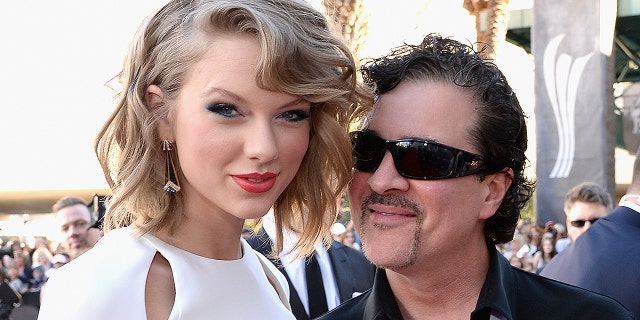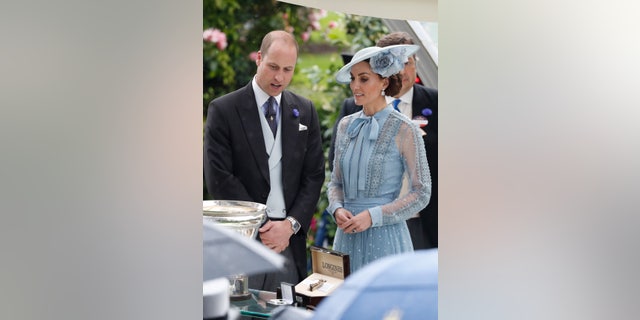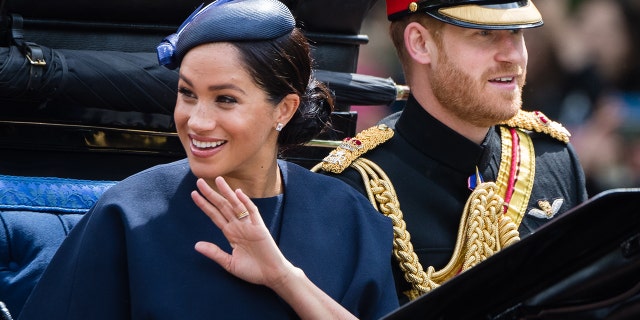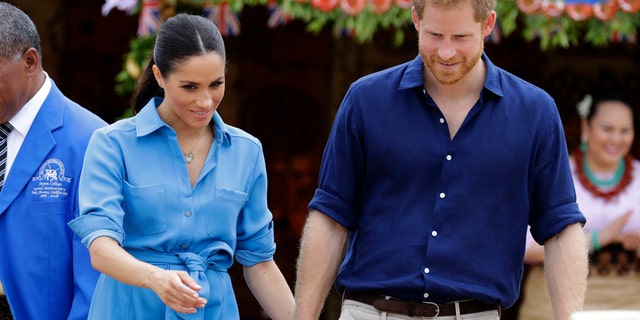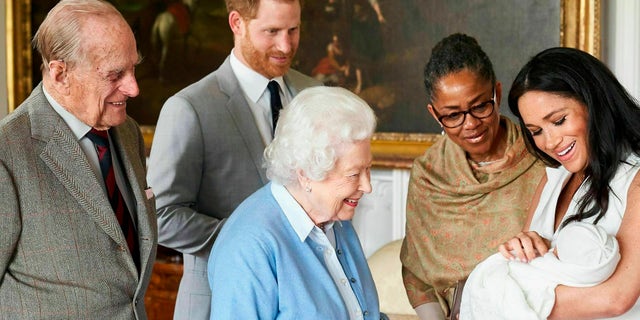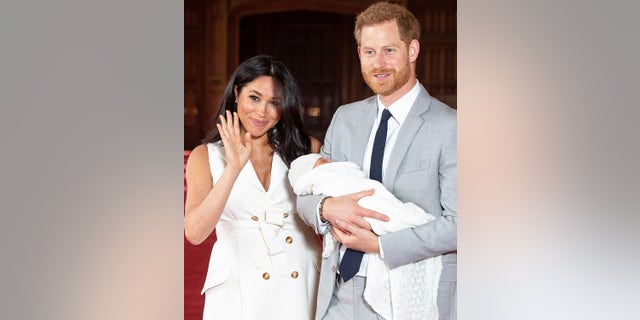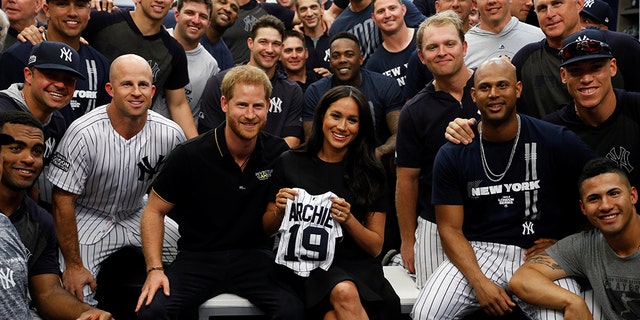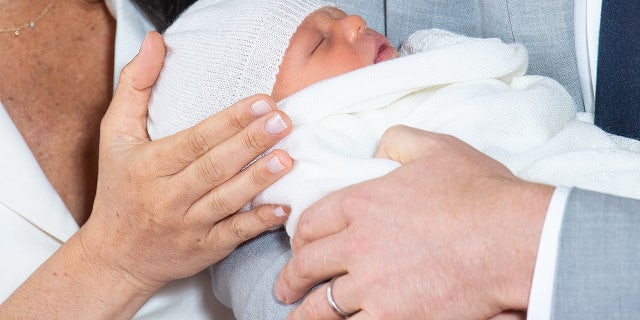Taylor Swift was less-than-supportive of the news that talent manager Scooter Braun had acquired her former label Big Machine Label Group. Given her notorious feuds with his clients Justin Bieber and Kanye West, Braun’s sudden ownership of her first six albums made the singer-songwriter feel “sad and grossed out,” as she wrote in a furious Tumblr post.
Over the 24 hours following her blog, the feud between Swift, Braun and Big Machine founder Scott Borchetta escalated into a she-said-he-said-he-said social media war. Clients, friends and family of Braun defended him with lengthy posts about his character. On Swift’s side, several pop artists either unfollowed Braun on Instagram or posted messages of support for Swift while speaking to their own experiences of either distrusting Braun or feeling mistreated as a young artist in the industry. The situation became messier when Borchetta posted a blog refuting claims made by Swift, including her assertions that she had not known about the deal until the public announcement and that he had not given her an opportunity to own her masters. There are still numerous questions we have concerning this entire situation. Here is what we’re left wondering.
1. Why did Braun’s Ithaca Holdings purchase Big Machine in the first place?
Braun has been known fairly exclusively for his work in the pop realm. While he has managed a handful of country acts such as Zac Brown Band and Dan + Shay, Braun’s focus since he began working with Jermaine Dupri at 20 years old has been pop and hip-hop. Other than touting a near-decade of friendship, neither Borchetta nor Braun have yet to reveal the nature of why Ithaca chose to partner with the independent country label whose biggest act by far has been Swift, who left the label in November.
The clear appeal seems to be solely her catalog; all six of her albums have gone at least 6x platinum making her one of the biggest selling artists of all time. With co-ownership of her masters, Braun can ostensibly do whatever he wants with Swift’s music since he and Borchetta will now be entitled to the albums’ revenue streams and licensing.
2. Can Swift try to buy back her masters? And will she?
Though Swift and Borchetta offer different accounts of how Swift parted with her masters, neither seem to paint a picture of Swift having the choice to buy her music without having to stay with Big Machine. Though she still could have been outbid (see: Michael Jackson purchasing the Beatles’ masters), it does not seem like a bidding war involving Swift was on the table.
Swift’s Tumblr post reveals that she had made “peace” with the loss of her masters, but her anger towards Braun’s sudden involvement with her catalog could encourage her to fight harder for them, barring any legal issues within her contract with Big Machine.
3. Will either party release harder evidence to corroborate their side?
Hopefully yes. Both sides offer damning portraits of the other, and so far, Borchetta is the first to release screenshots and texts. Still, the deal memo shared by Borchetta is incomplete and the texts in his blog post were copied and pasted instead of shared via screenshot. Still, it’s much more than Swift and Braun have offered so far, leaving much of the still-raging debate over what’s happening to their supporters on social media.
4. Why air this publicly?
The situation escalated quickly and widely, leading many to wonder what the gain is for Swift. Since the assumption is there is little possibility for her to bid on her masters and the fact that the deal was reportedly around $300 million, the window for change appears to have been closed for now. Plus, Borchetta’s citing of texts and contract negotiations with Swift have hindered her public case.
Still, her own transparency about who owns what can be part of the same bigger picture view that led to her signing with Republic Records, as revealed in a text she sent to Borchetta that he shared in his blog post. In the aftermath of the UMG fire, artists are having more public conversations about music ownership, addressing the lack of authority many of them have over music they wrote and recorded. (Sometimes to the extent in which they may not know if damage had been done to the physical versions of that music.) The forecast is still cloudy for Swift barring any potential legal action she can take (though at this time, it seems doubtful given how airtight her contract with Big Machine seemed to have been). In the best case scenario, this can potentially change the nature of recording contracts forever.
https://www.rollingstone.com/music/music-news/taylor-swift-scooter-braun-scott-borchetta-questions-we-still-have-854609/
2019-07-02 15:32:00Z
52780325156722

